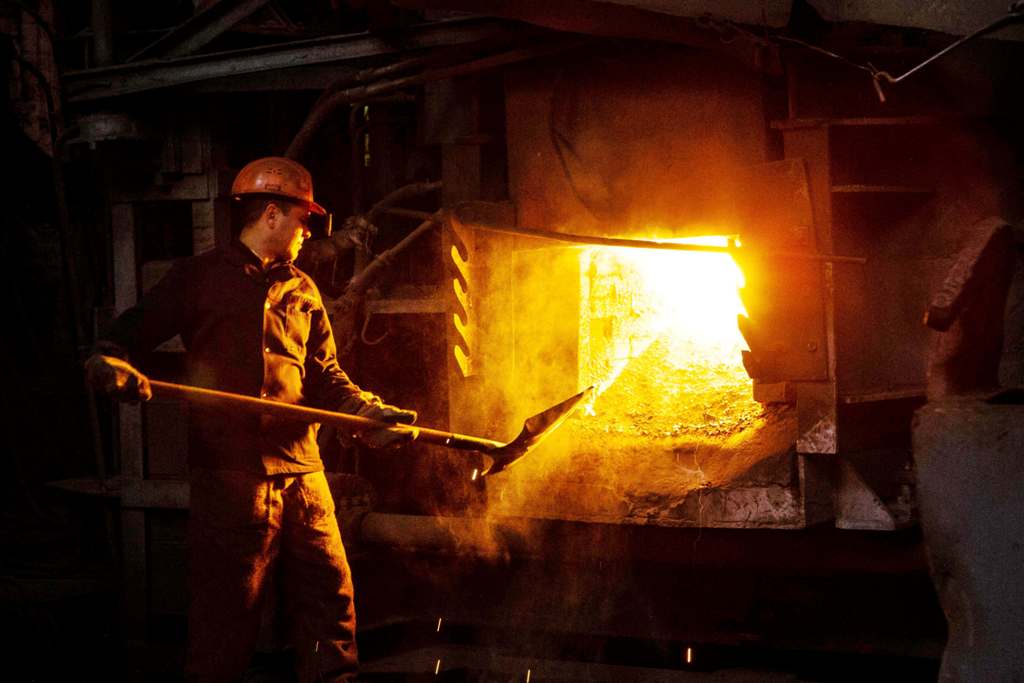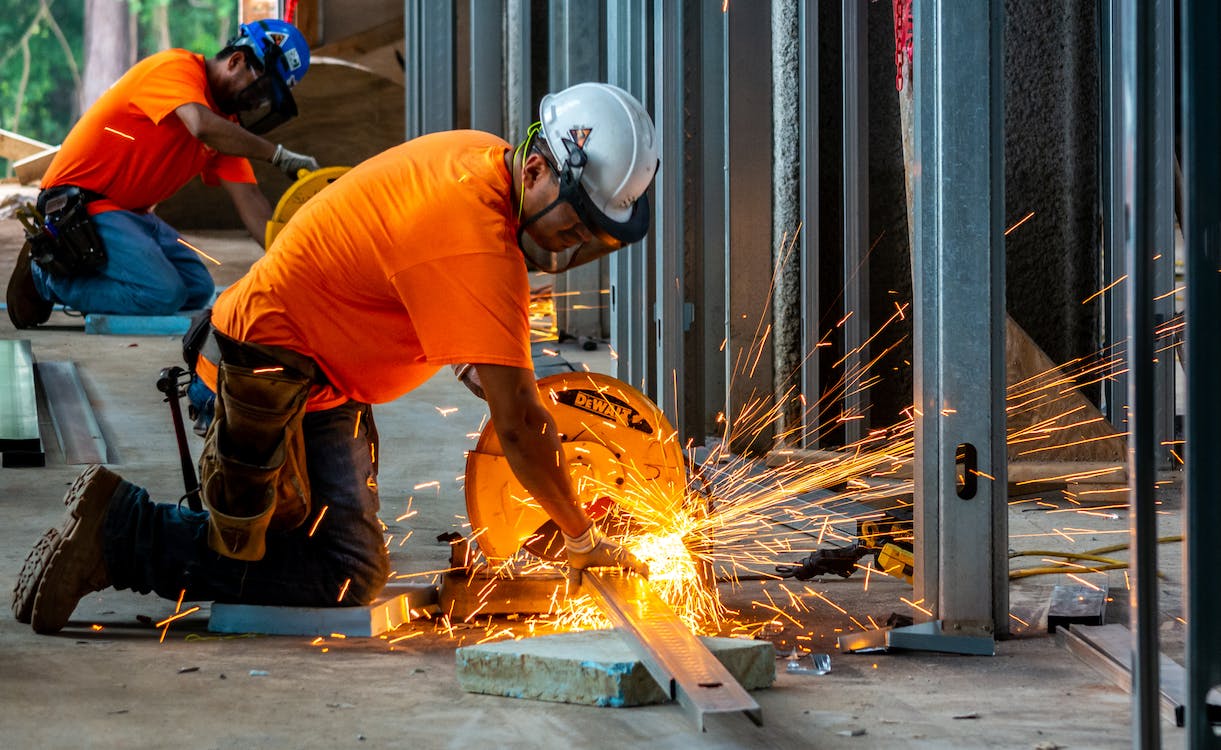
Metalworking is an expansive field that encompasses a variety of techniques and applications, from crafting custom parts to repairing trailers. Whether you’re a hobbyist looking to start a project in your garage or a professional aiming to refine your skills, understanding the basics of metal work, welding, and metal forging is crucial. Below are five practical tips to help beginners navigate the complexities of metalworking, ensuring safety, efficiency, and quality in every project.
1. Start with Understanding the Basics
Before diving into any metalworking project, it’s important to familiarize yourself with the basics of metal work. This includes understanding different types of metals and their properties, as Canadian weather can greatly affect metal’s durability and suitability for outdoor projects. For example, stainless steel might be preferable for projects exposed to harsh winter conditions due to its corrosion resistance. Learning about the tools and equipment necessary for different projects, such as sheet metal work or welding, is also essential. Take the time to research and possibly enroll in a basic metalworking course to build a solid foundation.
2. Master Sheet Metal Work Techniques
Sheet metal work is a fundamental skill in metalworking that involves cutting, bending, and shaping metal sheets into desired forms. It’s widely used in custom parts fabrication and trailer manufacturing. Beginners should start by practicing cutting techniques using tools like tin snips for manual cuts or a nibbler for more precise cuts. Understanding how to properly bend metal using a brake press is also vital. Experimenting with different thicknesses and types of metal can help you understand how to adjust your techniques based on the material.
3. Get Comfortable with Welding

Welding is a critical process in metalworking, used to join metal pieces together. It can be daunting for beginners due to the variety of welding techniques available, such as MIG, TIG, and stick welding. Start with MIG welding, as it’s generally considered easier to learn and is versatile for a range of projects, including trailer repairs and custom part fabrication. Prioritize safety by wearing appropriate gear—such as gloves, a welding helmet, and protective clothing—and practice in a well-ventilated area to avoid inhaling fumes.
4. Explore Metal Forging
Metal forging, the process of shaping metal using compressive force, is a more advanced technique that can add unique characteristics to your projects. It’s particularly useful for custom parts that require specific strength or aesthetic qualities. Beginners interested in forging should start with small projects, like making simple tools or decorative items, to understand the basics of heating and hammering metal. Joining a local metalworking or blacksmithing group can provide access to the necessary equipment and valuable guidance from more experienced forgers.
5. Learn About Trailer Manufacturing and Repairs
For those specifically interested in trailer manufacturing and repairs, it’s important to understand the structural integrity required for these projects. Knowledge of both welding and sheet metal work is crucial here, as trailers must withstand significant wear and tear. Familiarize yourself with the regulations and standards for trailers in Canada, including weight limits and required safety features. Practicing repairs on older trailers can be a good starting point to learn about common issues and how to address them.
Wrapping Up Your Metalworking Journey
Embarking on a metalworking journey opens up a world of creativity and practical problem-solving. Whether you’re crafting bespoke parts, repairing equipment, or even manufacturing trailers, the skills you develop can lead to rewarding projects and potentially a fulfilling career. Remember, the key to success in metalworking is patience, practice, and a willingness to learn from each project. Safety should always be your top priority, followed by mastering the fundamentals and gradually exploring more complex techniques. With these tips in mind, you’re well on your way to navigating the rewarding field of metalworking.
By following these practical tips, beginners can start their metalworking journey with confidence, ensuring safety, precision, and craftsmanship in every project. Metalworking is not only about the end product but also about the process of creating, learning, and overcoming challenges along the way.
